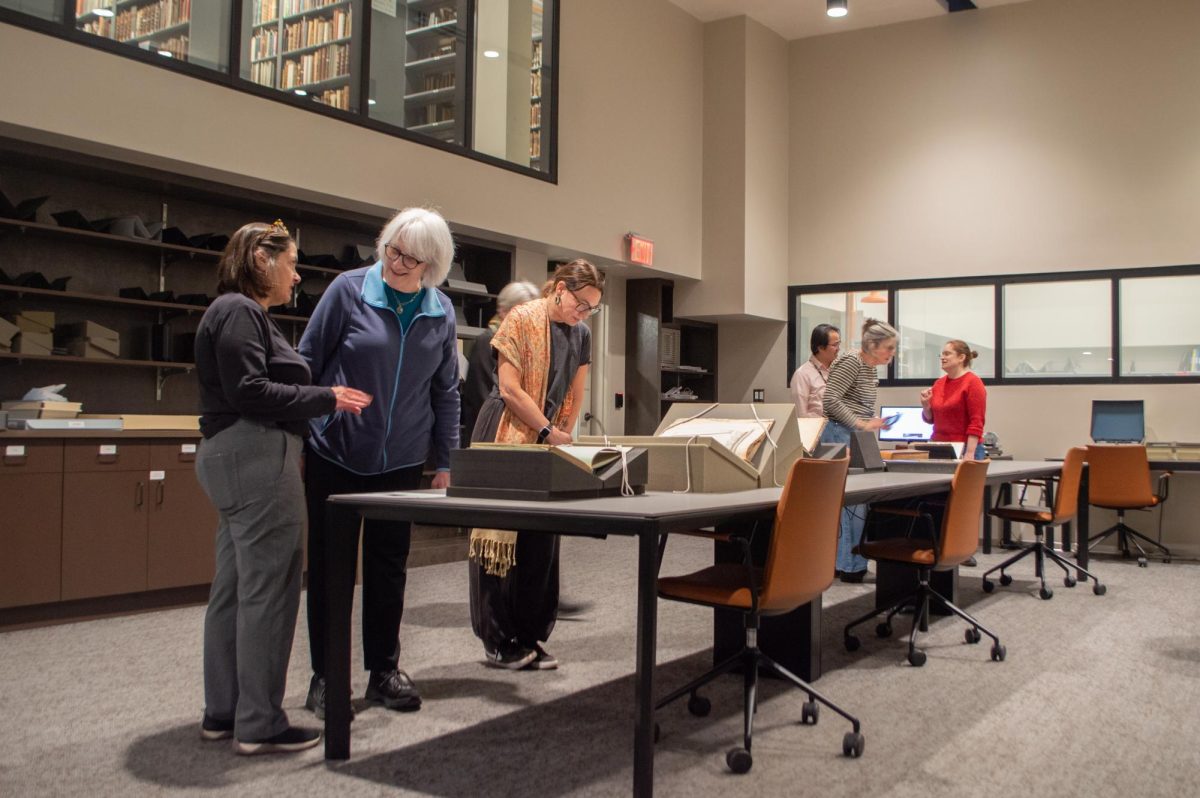By Sara Tucker, managing editor
Starbucks, an internationally-known organization, has provided its own attempt at approaching what they see as a growing racial divide in the US in the form of #RaceTogether.
The campaign, which got off to a slow start last week, asks baristas to write the hashtag on cups before giving them to patrons to start a conversation, according to Starbucks CEO Howard Schultz.
“We’re not going to solve the race problem,” Schultz told CNN, “but perhaps by leaning into it we can have a positive effect on the national conversation.”
#RaceTogether has received mixed reviews from baristas and customers alike, many of whom agree that it is a conversation that needs to be had, but “the coffee shop is not the place for this,” CNN’s Poppy Harlow reported of New York City Starbucks customers.
Others are worried about the added “effort and duress” this campaign saddles baristas with, in addition to the training necessary to have a meaningful conversation about racial issues, according to The Nation.
“It takes a lot of training and a lot of institutional support to teach people things they would rather not hear,” Tressie McMillan Cottom, a soon-to-be professor at Virginia Commonwealth University, told The Nation. “I wonder what kind of training and support the hourly-wage baristas at Starbucks will get.”
The company has received extensive backlash from its less supportive customers, so much so that Senior Vice President of Communications Corey DuBrowa temporarily deleted his Twitter account due to the “cascade of negativity,” according to a post DuBrowa penned for Medium.
Regardless of the widespread criticism of #RaceTogether, Schultz maintains that the campaign is a good and necessary thing.
“I ask myself, ‘Is this the America that we aspire to be?’” he said. “And I think we can do better, and I don’t want to settle for the situation we have. And the cultural divide is getting wider – the anger, the hopelessness – and I feel it’s very possible that we could be entering this tipping point, and that’s not satisfactory. I think we have to try and do our part as private citizens, and, in this case, as a business.”
Photo courtesy OFTO, Creative Commons









